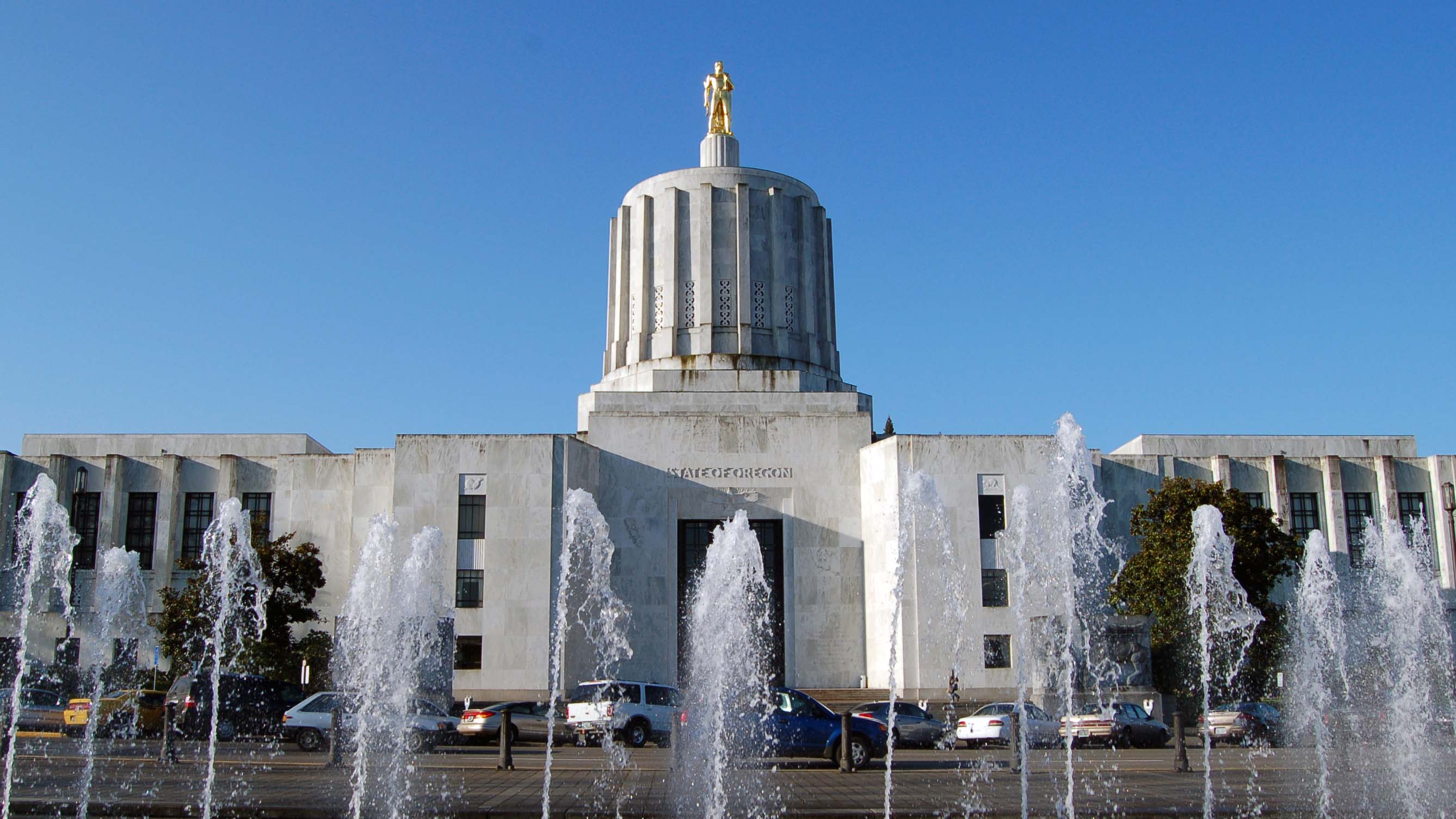Contributed by Gil Riddell, AOC Public Lands and Natural Resources Policy Director
September 23, 2016
The Oregon Legislature convened September 21-23 for their September Legislative Days with hearings by some 40 committees, task forces, and work groups spanning issue areas as broad as those dealt with by county governments.
The legislative grand prize is a robust transportation package that will be hammered out during the coming session. Whether or not legislators are successful, they all acknowledge the need. Housing issues have also risen to the top. A shortfall in health and human services resources cannot be ignored. There are even discussions on reforms identified by Legislative Counsel as constitutional to the Public Employee Retirement System. And the criminal justice system cannot be ignored. This short list sits atop dozens of other issues, many of which require new resources to solve. Initiatives on the November ballot, if passed, would force a major course correction by leadership.
In the natural resources arena, there are several interesting items. Commissioner Mark Labhart presented the interim findings and recommendations of the Task Force on Funding for Fish, Wildlife, and Related Outdoor Recreation and Education. As task force chair, he reported that expanding conservation efforts, improving hunting and fishing, connecting Oregonians with the outdoors, and deferred maintenance amounted to a need of $79.9 million a biennium. Out of the over one hundred new funding ideas, the task force recommended two: an income tax surcharge of 0.7 percent and a beverage surcharge at the wholesale level of 2.02 percent of the price of the drink.
Ian Madin, chief scientist of the Department of Geology and Mineral Resources (DOGAMI), reported that the study conducted under House Bill 3089 (2015) found abundant mineral resource potential in eastern and southern Oregon. To finish its work, DOGAMI needs a phased four-biennium package, with the first biennium creating a comprehensive integrated mineral geodatabase, costing about $635,000.
The final report of the Task Force for Independent Science Reviews for Natural Resources created by Senate Bill 202 (2015) recommended that the Legislature create a new entity – the Oregon Independent Science Review (ISR) Board. The ISR Board would then create science-specific panels to review scientific work. All of this activity would be supported by an ISR Secretariat. The ISR Board and Secretariat would reside with the existing Oregon entity. The task force proposed a base budget of about $900,000 a biennium.
Chair Brian Clem began the search by his House Committee on Rural Communities, Land Use and Water for means to fund water storage projects by other than state general funds, including by private financing and investment.
The House Interim Committee on Agriculture and Natural Resources, chaired by Representative Brad Witt, reasserted its full support for funding sufficient for prevention, detection and control of invasive noxious weeds. Testimony on this topic was kicked off by Senator Bill Hansell, former chair of the State Noxious Weed Board and long-time Umatilla county commissioner.
The 2017 regular legislative session is shaping up to be as expected – long, contentious and (one hopes) fruitful. The last set of Legislative Days before the opening of session will be December 12-14.
